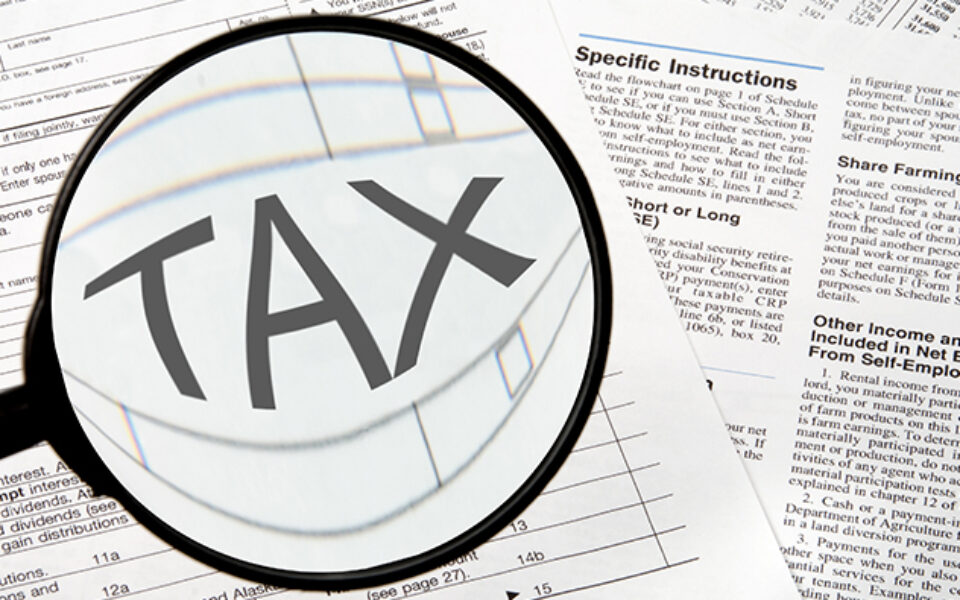
Travel expenses are defined by the IRS as all costs incurred while traveling away from home on business.Furthermore, for travel expenses to be tax deductible they must be “ordinary and necessary” expenses paid or incurred during the taxable year in carrying on any trade or business. When considering business travel exclusively, the deductibility of the expenses is fairly straight forward.An employer can deduct all travel expenses as long as the expenses are entirely business related (with the only expense limitation being the costs of meals, which are subject to a 50% deduction limit.) However, when including personal travel while on a business trip, certain rules are important to know in order to avoid disallowance of the expense. There are several tax-saving advantages available for taxpayers who combine a business trip with a personal trip. According to the IRS, a taxpayer can deduct business-related travel expenses, including round-trip airfare, if the travel is made primarily for business reasons. In other words, if a taxpayer mixes a personal trip with a business trip properly, he or she will be able to deduct the airfare for the trip since the transportation cost is a qualified business deduction. Example 1: Robert works in Atlanta and travels by air to New Orleans for a business trip.On his return trip, he stops in Mobile, Alabama to visit his parents.Robert spends $3,000 for the 9 days he is away from home for travel, meals, lodging, and other travel expenses. If he had not stopped in Alabama, he would have been gone only 6 days, and his total cost would have been $2,100. In this example, Robert can deduct $2,100 for his trip, including the cost of round-trip transportation to and from Atlanta.If Robert had made the trip primarily for personal reasons, or had he made a separate trip to visit his parents, the transportation cost to Alabama would not have been tax deductible. To determine the primary purpose of a trip, IRS regulations state that time scheduling is an important factor. Time spent for business reasons would be compared with time spent for personal reasons. For example, a trip with six days spent for personal activities and 3 days spent for business activities is considered primarily personal in nature and the travel expense to and from the destination would not be deductible.However, even though the travel to and from the destination are not deductible, the business expenses incurred on the trip which are properly allocable as trade or business deductions, are deductible. What if the taxpayer wants to take a family member along on the business trip? The IRS has pointed out that the taxpayer cannot deduct the travel expenses of an accompanying spouse or dependent. No deduction is allowed unless the accompanying person is an employee who travels along with the taxpayer for bona fide business purposes and the costs would otherwise be deductible. However, saving opportunities may still exist with special arrangements. Example 2: Michael flies to Los Angeles, CA for a week long business trip.His wife, Sara has never been to LA and decides to join her husband on the trip.While in LA, Sara accompanies Michael to meetings and acts as his executive assistant taking notes and performing administration services. Michael’s lodging expense is $300 a day for a double room, whereas a single room would have cost $250 a day.In this case, Michael cannot deduct Sara’s travel expenses since her service is not necessary to the conduct of his business and her presence does not qualify for a bona fide business purpose, even though she accompanies him to meetings.Therefore, Michael can only deduct his share of the airfare and $250 a day for lodging. What if the trip extends beyond a normal business week?Traveling by air on a Saturday is far cheaper than a similar flight on Friday.Therefore many employers choose to extend a business stay to Saturday or Sunday to take advantage of the cheaper transportation costs.The IRS allows a business to deduct the costs of meals and lodging for the extended stay as long as the savings from the lower airfare is higher than the additional costs for a weekend stay. Similarly, many times a business trip extends past the weekend, such as from Thursday to the following Tuesday. When it is impractical for the employee to travel back home for the weekend, under the “common sense test”, the employee can stay over the weekend and take a business deduction for the costs incurred. On the other hand, the employee can choose to travel back home and deduct the commuting costs as long as the costs are lower than the costs of staying. There are opportunities for business travelers as long as the travel is planned carefully and documented accordingly. Employees who travel frequently should plan trips with these tips in mind where personal travel is included. The IRS is aware that most business travelers take personal time for themselves while in exotic locations. Therefore, travelers should keep a detailed record of the expenses incurred, including the date, amount, place and purpose of the business travel plus all applicable receipts.In order to maximize the allowable business travel deductions, all costs should be accounted for appropriately. |


















